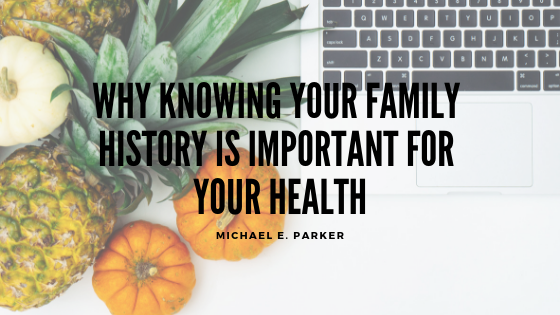Imagine looking at a picture of your family. I’m sure you can pick out the characteristics that show your relation to one another. But what about the traits you can’t see? Our families pass down many different genetic markers that have a significant impact on our health and the diseases we may be more susceptible to, such as heart disease, cancer, asthma, and diabetes. But how can this knowledge help us? Here’s how:
Preventative Health
Understanding your family’s history with health is vital for many reasons, the first being preventative health. Through talking to your family and figuring out what you’re predisposed to, you can begin to figure out the best ways to face such issues proactively. For example, if diabetes runs in your family, you can start making healthier choices by adjusting your diet and increasing your physical activity. Additionally, they help alert you that you may need to start getting certain screenings earlier than predicted. These can include mammograms and colonoscopies, which usually begin between 40-50 years of age. If your family has a history of breast or colon cancer, early screenings could be vital to catching something early.
Comprehensive Medical History
When you’re aware of your family’s health predilections, you’ve positioned yourself to have a more complex and thorough relationship with your general practitioner, and even any specialists you might see. If your doctor has the complete history of your family’s health problems, he may be able to catch warning signs and symptoms or be able to prescribe medications that can keep said symptoms at bay. Knowing your family history is also incredibly important when switching doctors. Your old doctor may have had an understanding of your health through years their years of service with you. However, a new doctor doesn’t have that knowledge, so being able to educate them on your family’s health history gives them a better understanding of how to treat you.
How To Acquire Your Family’s Health History
Simple! You just ask them. Any time you talk to a family member, ask them about health issues they, or someone in their immediate family, may have had. Ask your parents and grandparents, too. The more people you talk to, the more prominent and accurate of a pattern will emerge. Talking to only a few people is not comprehensive enough to understand your family’s possible health concerns. If a family member who may have keen insight into the health history has passed away, you can obtain more information about their health by obtaining their obituaries and medical records.
Information about your family’s medical history is vital to your immediate and long-term health. It is also important to know if you plan on having children or already have a family. Share your health history with your kids so that they can make sure they’re proactive with their wellbeing. The more out in the open the health information becomes, the healthier you and your family will be.
